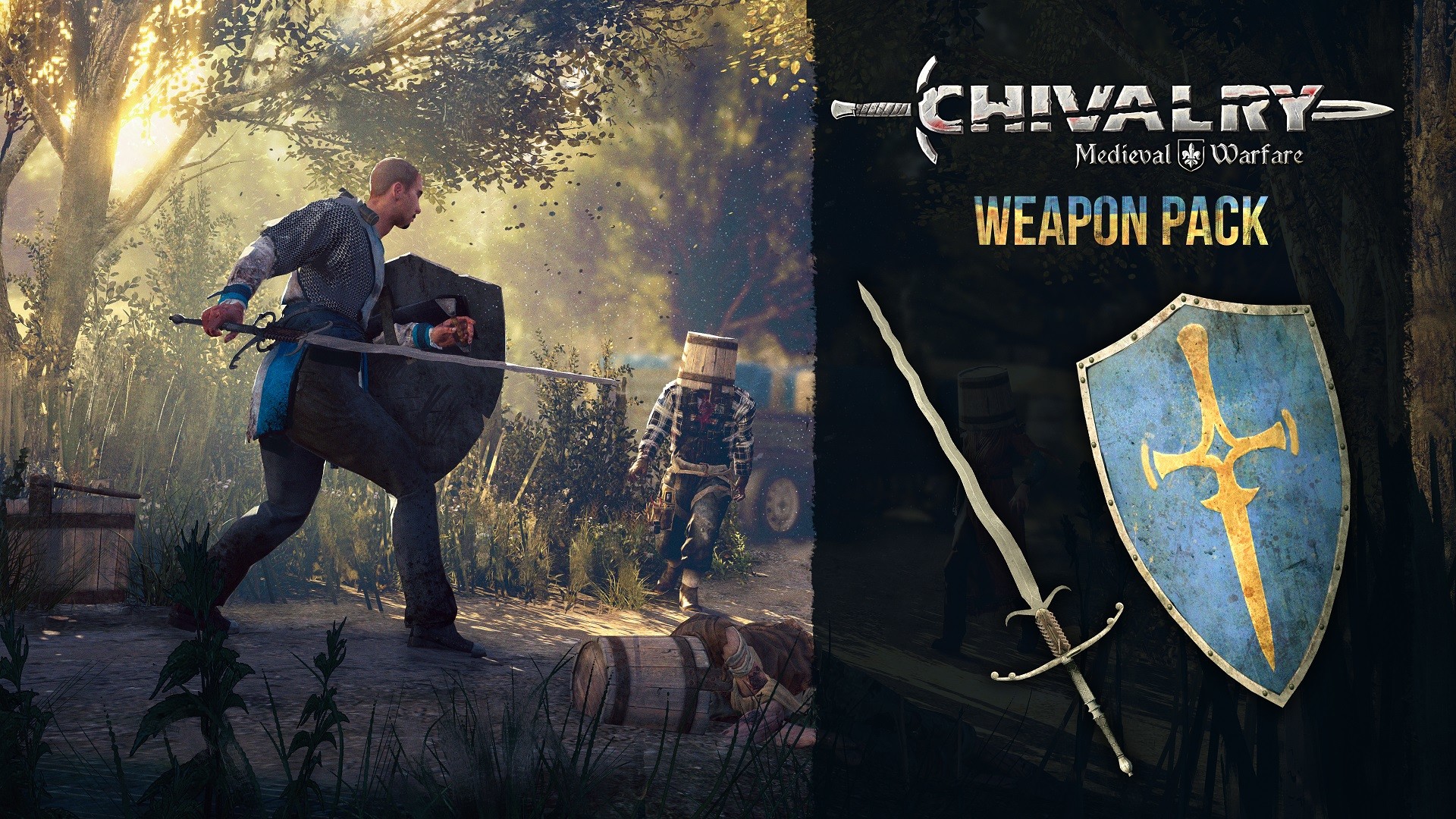

Any modern Drill Sergeant would smile at that story and for good reason – these are traditions passed from one soldier to the next down through history for thousands of years. A Centurion frustrated with his men’s performance would grab his company’s standard, throw it into the enemy and then dare his men to preserve their honor by retrieving it. For indeed in spite of the passage of time and the very different environment posed by the modern battlefield, a remarkable amount of the human aspects of conflict hasn’t changed.
Ancient warfare 3 playstore pdf#
Articles on specific battles are common, but generally they’re in support of broader themes for a particular issue such as “naval tactics” or “elite units.” I’ve often opened a new issue's envelope (and now its pdf file – more on that in a minute), looked at the cover to find a teaser for iron age battle standards and thought “who cares about battle flags?” A few minutes of reading reveals that the subject is far more interesting than I had anticipated, often providing insight into current warfare and military culture. This is what Ancient Warfare Magazine is about. So what remains to historians today is to interpret this limited written material, consider any archaeological evidence that may be found, and then recreate and simulate as best as humanly possible to draw conclusions about how men fought in the past. The Iliad, a narrative of ancient warfare written four or five hundred years after the war it describes was fought is considered an important source on armor and weaponry not because its provenance is airtight (imagine an oral tradition of the Thirty Years War being committed to paper only today) but because its descriptions of weapon use and the wounds that resulted are largely the only material we have describing warfare in the era. Many famous battles of the era have just one source of contemporary information, and the more practical aspects of war – how troops moved, how they supplied, communicated, even how they lined up to meet the enemy are often completely lost to time. What a fine read it turned out to be.Īnyone who hasn’t read much ancient history may be surprised to find out just how little material survives to describe major events let alone minor ones. I jumped, and three weeks later the first issue arrived in my mailbox, all crispy and clean inside a white envelope. I believe it was a bit less at the time) and would give me a chance to have a good look around before putting too much money on the line.
Ancient warfare 3 playstore trial#
The trial subscription plan was inexpensive enough ($22US for three issues currently.

So after looting their supply podcast episodes (and finding little else in podcast format that scratched the itch) I decided to take the plunge and go for a subscription of the magazine that the podcast purported to be a part of, Ancient Warfare Magazine published by Karwansary Publishers out of the Netherlands. To top it off the guys sounded like they were having a good time doing it. This was material I hadn’t heard in any of the history courses I had taken in college or from courses on disk. This was a few guys on Skype just riffing on the topic of the day in detail, but they still managed to stay layman-accessible. The delivery wasn’t slicky, but the content, the level of knowledge and attention to the broader aspects of the subject matter really impressed me. There were already a few available episodes to listen to and they were weren’t short, but given my extended commute it took just a couple of days to run through all of them. By luck I stumbled across a podcast covering ancient warfare released by some crowd called Karwansary Publishing. I wanted deep history, hundreds if not thousands of years old and with a deep level of detail. Not mamby-pamby bullshit history, the real stuff. So a few years back I when podcasting was coming into its own I went exploring in iTunes to see what I could find on history topics. For good reason - if it was no one would believe it.

I'm not into fiction anymore because it can't be even half as strange as real life. Martin, because to me history is more gripping than the best of make-believe. I've gotten to the age where I’d rather read Xenophon than George R. In case you haven’t figured it out, I’m an egghead.


 0 kommentar(er)
0 kommentar(er)
